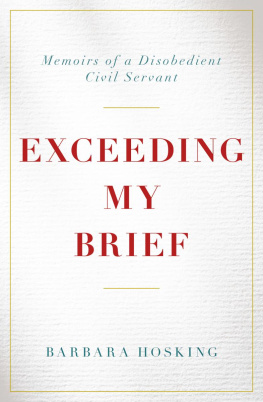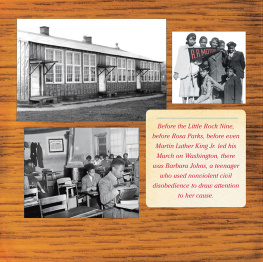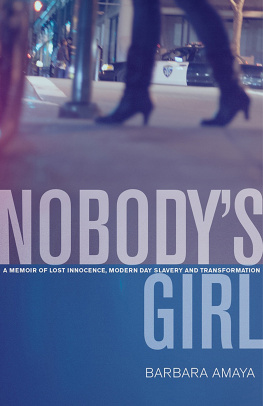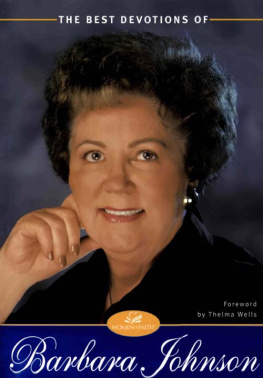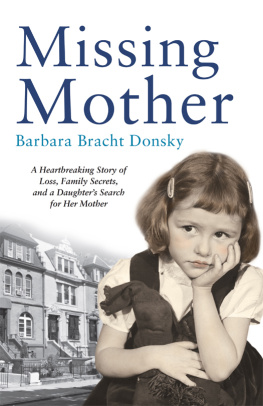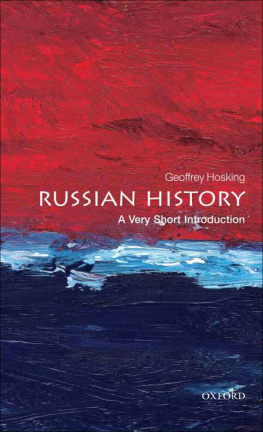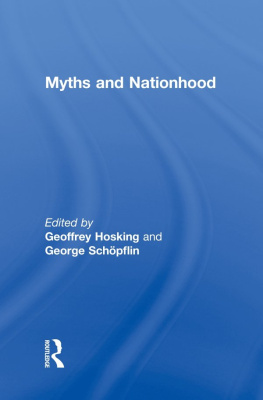W hen their days work underground was done and they made the long ascent to the surface, Cornish miners used the phrase coming up to grass. I came up to grass when I was seventy-five years old and my years of work had finally finished. Or so I thought
I write this memoir as I look back on an unplanned career which took me light years away from the sea and the Cornish cliffs and moors of my childhood. My ambition always was to write, and to have writers as my friends. I never imagined that cinema advertising, parliamentary press releases or speeches would flow from my pen. My ambition was to be a real writer, like the authors I met when I invited them to speak at our school, interviewed in the Isles of Scilly, or whose manuscripts I typed up at Miss Wesleys secretarial college. Now, I have many authors among my friends, and I know first-hand how hard it is to face a blank page and write every day.
I had never expected to be professionally involved in politics, or to be a Cornish Liberal working for indeed, becoming a supporter of the Labour Party. I didnt foresee that I would be offered a marginal parliamentary seat, or come to admire and like many Conservatives, both within and beyond government. And I certainly never expected to receive an honour, yet I ended up with two, first an OBE and later a CBE. In ordinary social life, there is never an opportunity to wear honours, and I envy the French who wear little ribbons in their buttonholes to show that they have been awarded the Lgion dHonneur. I think this is why the French have such good eyesight they are trying to see what rank the recipient holds!
I had always assumed that, like the rest of my family, I would die young. Yet there I was in the early autumn of 2016 planning my ninetieth birthday party in November. For my seventy-fifth birthday, I commissioned a piece of music from Judith Bingham. It was played by the Ambache Orchestra of which I was a board member the only orchestra at the time run by a woman, at a party at the Reform Club. Edward Heath came along and made a speech: I always did what Barbara told me and see where it got me!
I did not embark on this memoir with publication in mind, but because I wanted to set down my experiences of a world that has changed beyond recognition over my lifetime; in particular. the world of British politics and government of which I enjoyed a worms-eye view. Perhaps, too, I was drawn to a nostalgic revisiting of my life, and to saluting the many extraordinary people who have populated both my working and my personal life. It is difficult to become a published writer today; the financial risks are high in an age of electronic reading, and Im neither a celebrated cook nor a top footballer, or even famous for being famous. However, I have achieved my ambition: I have written a book and, one way or another, I will see it in print. It may not have quite the impact as do the Atlantic breakers on Cornish cliffs, but I hope it will amuse my friends, and perhaps others who would like to ascend the greasy pole of the political world.
My story is, I believe, proof that life is a lottery. Health, success and love are all a matter of chance, and I grabbed the many unexpected chances which came my way. But, above all, I have been blessed with so many true friends, the sort of friends who not only enrich ones life with their company, but give support and withhold judgement.
My life is fuller than it has ever been. In retirement, I anticipated a life filled with friends, travel, and the arts, but a life lived essentially alone. Once again I was wrong. I had known Margaret from my membership of the 300 Group, the 1980s movement founded to encourage more women to become Members of Parliament, and we were also both on the Council of the Royal Society for the Arts. We became friends, but the possibility of a closer relationship had never occurred to me. Not only had she been married, but she was twenty years younger than me.
Happily, I was wrong about that, too, and in the words of the old music hall ballad:
When I thought that I was past love
It was then I met my last love
And I loved her as Id never loved before.
I am, indeed, a fortunate woman.
T he Penlee lifeboat disaster occurred in 1981, a week before Christmas. Two vessels were lost with all hands. A Danish ship on her maiden voyage and a lifeboat with an eight-man crew from the village of Mousehole in the far west of Cornwall.
A rescue helicopter had been dispatched from Culdrose naval base, but the storm was so violent that it was impossible to help. The pilot said later that, despite the huge seas, the lifeboat actually managed to get alongside the ship, and, speaking of the lifeboat men, I have never seen such heroism. It was truly heroic. The lifeboat signalled that it had the captains wife and children safely aboard. That was the last message.
I was working at the Independent Broadcasting Authority (IBA) at the time, where I was responsible for public relations, explaining the regulation of commercial television and radio to the media and public. I was born in Penzance, and knew very well how this tragedy would affect the nearby village of Mousehole. In Cornwall, lifeboats are an important fixture in peoples lives. From the Lizard around Lands End to St Ives, local men are proud to volunteer and there is rarely a shortage of crews. I also knew the impact of these deaths on a small community whose members are all related. The news of the Penlee tragedy brought back vivid memories of many nights spent waiting with flasks of tea and whisky for the Sennen lifeboat to return, and I recalled watching the Isles of Scilly lifeboat going out into a storm.
I knew money would be needed and I wanted to help. First, I contacted the Mousehole Male Voice Choir. Would they give a concert in London to raise funds? They would. Next on the list was the head of public relations at Barclays Bank, who offered to lend me accommodation in West London, normally used for trainee bankers (Barclays incorporated the Cornish Bolitho Bank and so had strong links with Cornwall). I asked Thames Television if I could borrow their theatre. Yes, I could. With all this in place, I would organise a concert to raise money for the families left behind.
But I had completely forgotten one vital point: the media. This was a huge Christmas news story, and money immediately started rolling in. By Christmas Eve some two million pounds had been raised. My concert in the little Thames theatre would be a drop in the ocean. I then received a telephone call from Brenda Wootton, a great Cornish singer.
Barbara, she began, her voice sounding, like most Cornish voices, as if she were shouting into the teeth of an Atlantic gale. Could you take delivery of 1,000 pasties at Paddington Station for the concert?
What?! We might possibly sell 100 Cornish pasties at the concert if we were lucky, but what would I do with the other 900? Very reluctantly, I decided to abandon the idea of a concert and leave the fundraising to more experienced hands. Next day, the fund totalled over three million pounds. Wonderful pictures of the headlands I used to walk over and the village I knew so well, where there are cannonballs from ships of the Spanish Armada in the churchyard, were shown on television. The storm had subsided and, as so often in Cornwall, Christmas Day was as mild as spring.
I felt very homesick and overcome by memories of childhood.
I was born to candlelight and to water. I had been told that there was a storm blowing the night I was born, with the sound of crashing waves. As darkness fell, all the lights went out. This was 4 November 1926, and the General Strike had reached the far west.

